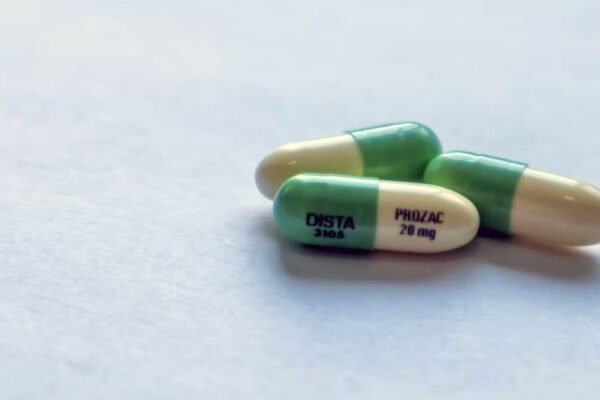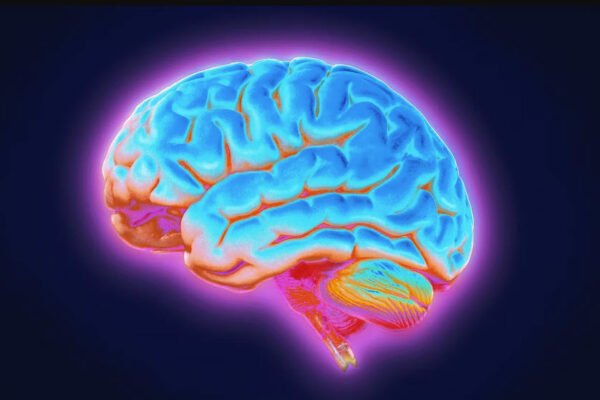Our study emphasizes the utility of cognitive neuroscience methods based on EEG gamma band measures for the assessment of the functional outcomes of neurofeedback-based biobehavioral interventions for cocaine use disorders. This approach may have significant potential for identifying both physiological and clinical markers of treatment progress. The results confirmed our prediction that EEG changes achieved with neurofeedback training will be accompanied by positive EEG outcomes in a cue reactivity and clinical improvements.



